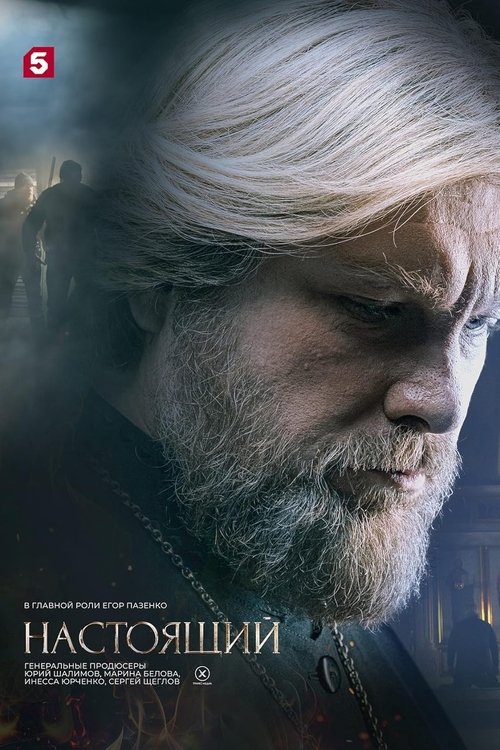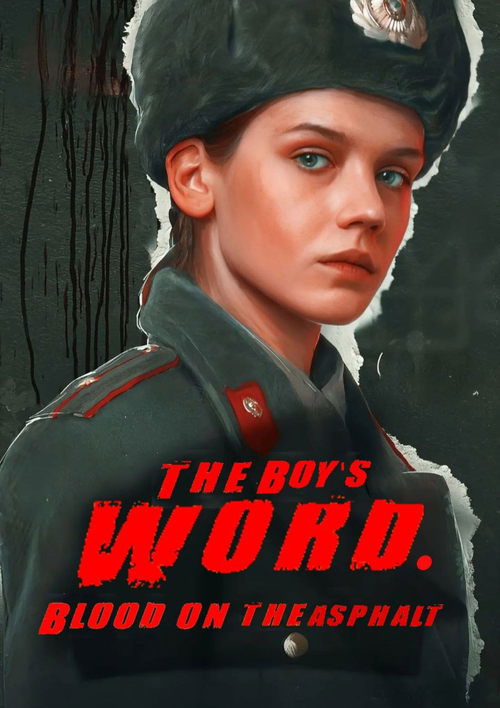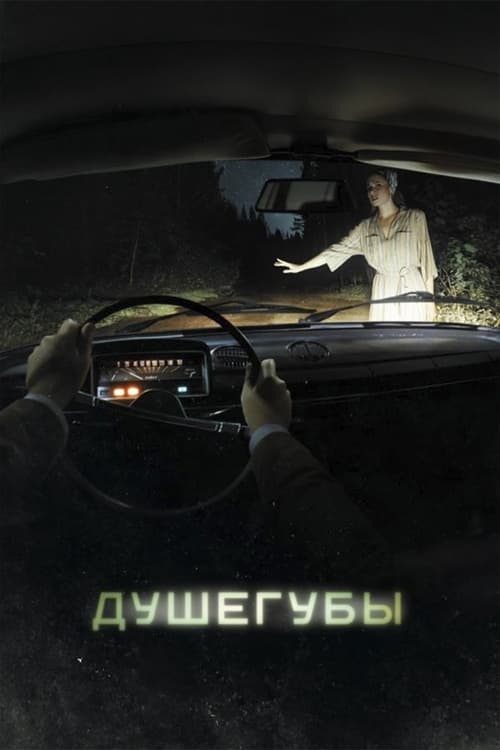
Ask Your Own Question
What is the plot?
What is the ending?
In the ending of "Chikatilo," Season 2, Episode 8, the tension culminates as the investigation reaches a critical point. The authorities close in on the main suspect, Andrei Chikatilo, leading to his eventual arrest. The episode concludes with a haunting reflection on the impact of his crimes, leaving a chilling atmosphere as the community grapples with the aftermath.
As the episode unfolds, the scene opens in a dimly lit interrogation room where Andrei Chikatilo sits, his face a mask of anxiety and defiance. The detectives, weary yet determined, press him for answers about the string of murders that have terrorized the region. Chikatilo's internal conflict is palpable; he oscillates between bravado and fear, aware that the walls are closing in around him. His eyes dart around the room, betraying a flicker of desperation as he attempts to maintain control over the narrative of his life.
The scene shifts to the streets of the town, where the community is in turmoil. Families gather, whispering about the recent disappearances, their faces etched with worry and fear. The camera captures the somber expressions of parents clutching their children tightly, a visual representation of the pervasive dread that Chikatilo's actions have instilled in the hearts of the townsfolk. This moment serves to highlight the broader impact of Chikatilo's crimes, emphasizing the loss of innocence and safety in the community.
Back in the interrogation room, the detectives present Chikatilo with evidence, photographs, and testimonies that paint a damning picture of his actions. The tension escalates as they confront him with the emotional weight of his victims' stories. Chikatilo's facade begins to crack; he becomes increasingly agitated, his voice rising as he tries to deflect blame. The audience can sense his internal struggle, a man caught between his monstrous deeds and the reality of his impending capture.
As the episode progresses, the detectives finally manage to break through Chikatilo's defenses. In a moment of vulnerability, he reveals fragments of his past, hinting at the traumas that shaped him. This scene is pivotal, as it humanizes him to a degree, allowing viewers to glimpse the complexities of his character, even as they recoil from his actions. The emotional weight of this revelation hangs heavy in the air, underscoring the tragic nature of his existence.
The climax arrives when the detectives, armed with irrefutable evidence, formally arrest Chikatilo. The scene is charged with emotion; the detectives exchange glances, a mix of relief and sorrow evident on their faces. They have captured a monster, yet the toll of the investigation weighs heavily on them. Chikatilo is led away in handcuffs, his expression a blend of defiance and resignation, a man who has finally been cornered by the consequences of his actions.
In the final moments of the episode, the camera pans over the town, now shrouded in a somber silence. The community begins to process the reality of what has transpired, grappling with the loss and fear that Chikatilo's reign of terror has inflicted upon them. The episode closes with a haunting shot of a playground, empty and still, symbolizing the innocence lost and the scars that will linger long after Chikatilo's capture.
In summary, the fates of the main characters are sealed in this episode. Andrei Chikatilo is arrested, facing the consequences of his horrific actions. The detectives, though successful in their pursuit, are left to confront the emotional aftermath of their investigation. The community, forever changed, must now navigate a world where safety has been shattered, and the echoes of Chikatilo's crimes will haunt them for years to come.
Is there a post-credit scene?
How does Chikatilo's psychological state evolve throughout this episode?
Throughout Episode 8, Chikatilo's psychological state deteriorates as the pressure from the investigation mounts. He exhibits signs of paranoia, frequently looking over his shoulder and becoming increasingly erratic in his behavior. Flashbacks reveal his childhood traumas, which contribute to his unstable mental state, leading him to lash out in moments of stress.
What key evidence leads to the arrest of Andrei Chikatilo in this episode?
In Episode 8, the investigation intensifies as forensic evidence from the crime scenes begins to connect to Chikatilo. The police discover a series of personal items belonging to the victims in his possession, which serves as crucial evidence. Additionally, witness testimonies start to align, painting a clearer picture of Chikatilo's movements on the nights of the murders.
What role do the detectives play in uncovering Chikatilo's crimes in this episode?
The detectives in Episode 8 are portrayed as relentless and methodical in their pursuit of Chikatilo. They collaborate closely, sharing insights and piecing together the timeline of the murders. Their determination is highlighted in scenes where they conduct interviews with potential witnesses and analyze evidence, showcasing their commitment to bringing the killer to justice.
How does the episode depict the impact of Chikatilo's crimes on the victims' families?
The emotional toll on the victims' families is poignantly depicted in Episode 8. Scenes show grieving parents and siblings struggling to cope with their loss, often portrayed in moments of despair and anger. The episode includes heart-wrenching interviews with family members, emphasizing their longing for closure and the devastating effects of Chikatilo's actions on their lives.
What specific actions does Chikatilo take to evade capture in this episode?
In Episode 8, Chikatilo employs various tactics to evade capture, including changing his appearance and altering his routine. He avoids areas where police presence is heightened and uses public transportation to move discreetly. His cunning nature is highlighted as he attempts to blend in with the crowd, showcasing his desperation and fear of being caught.
Is this family friendly?
"Chikatilo," season 2, episode 8, contains several elements that may not be suitable for children or sensitive viewers. The episode delves into dark themes surrounding crime and violence, particularly focusing on the psychological aspects of a notorious serial killer.
Potentially objectionable or upsetting aspects include:
- Graphic depictions of violence: The episode may include scenes that portray violent acts or their aftermath, which can be disturbing.
- Themes of murder and death: The central narrative revolves around a serial killer, leading to discussions and representations of murder that can be unsettling.
- Psychological trauma: Characters may experience intense emotional distress, showcasing the impact of crime on victims and their families.
- Dark emotional tones: The overall atmosphere is heavy and somber, which may be distressing for younger audiences or those sensitive to such themes.
These elements contribute to a mature viewing experience, making it less appropriate for children or those who may be sensitive to graphic content.


























